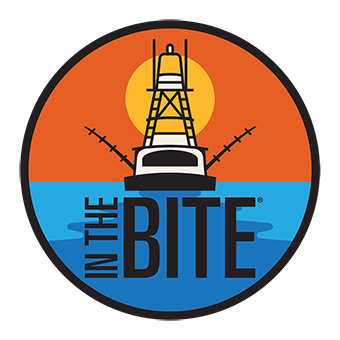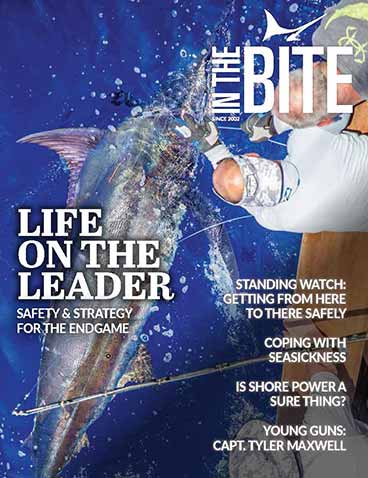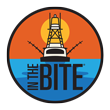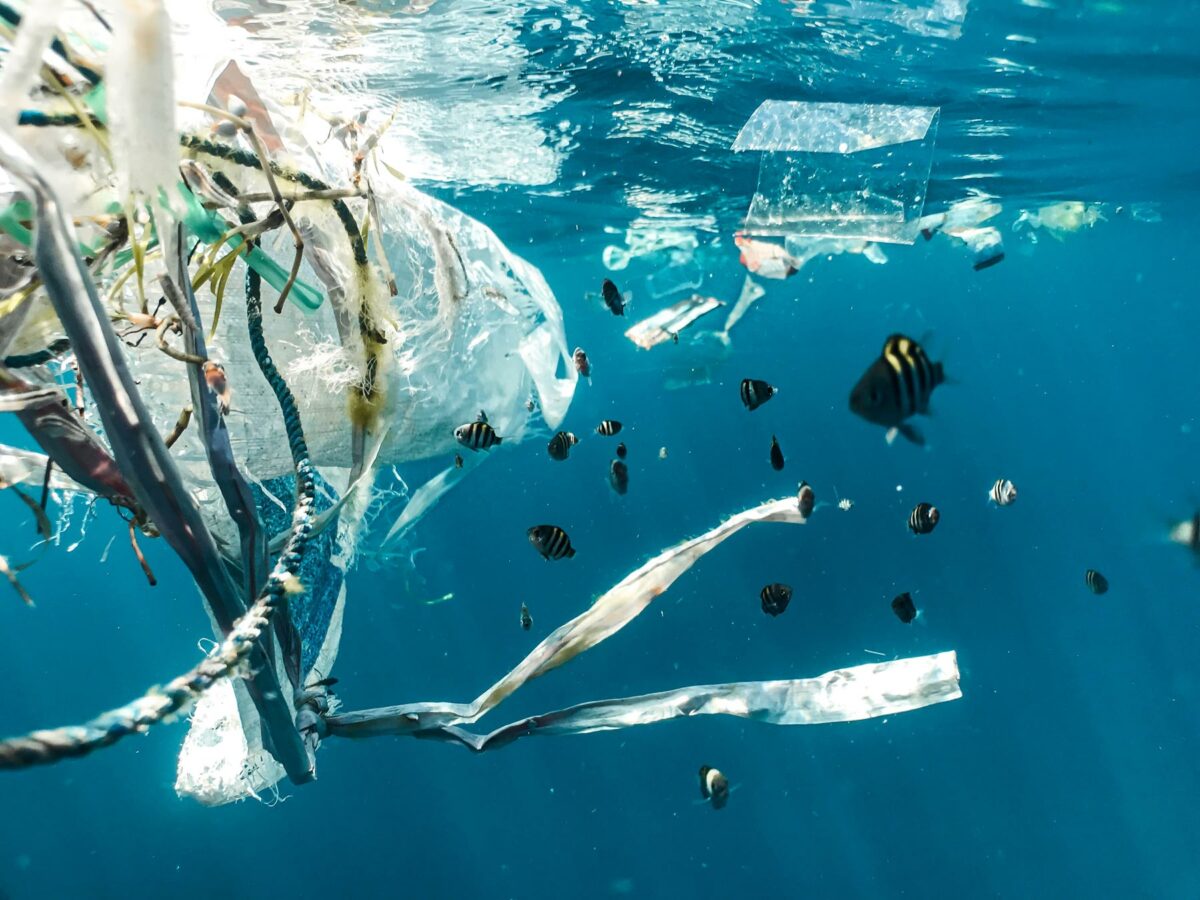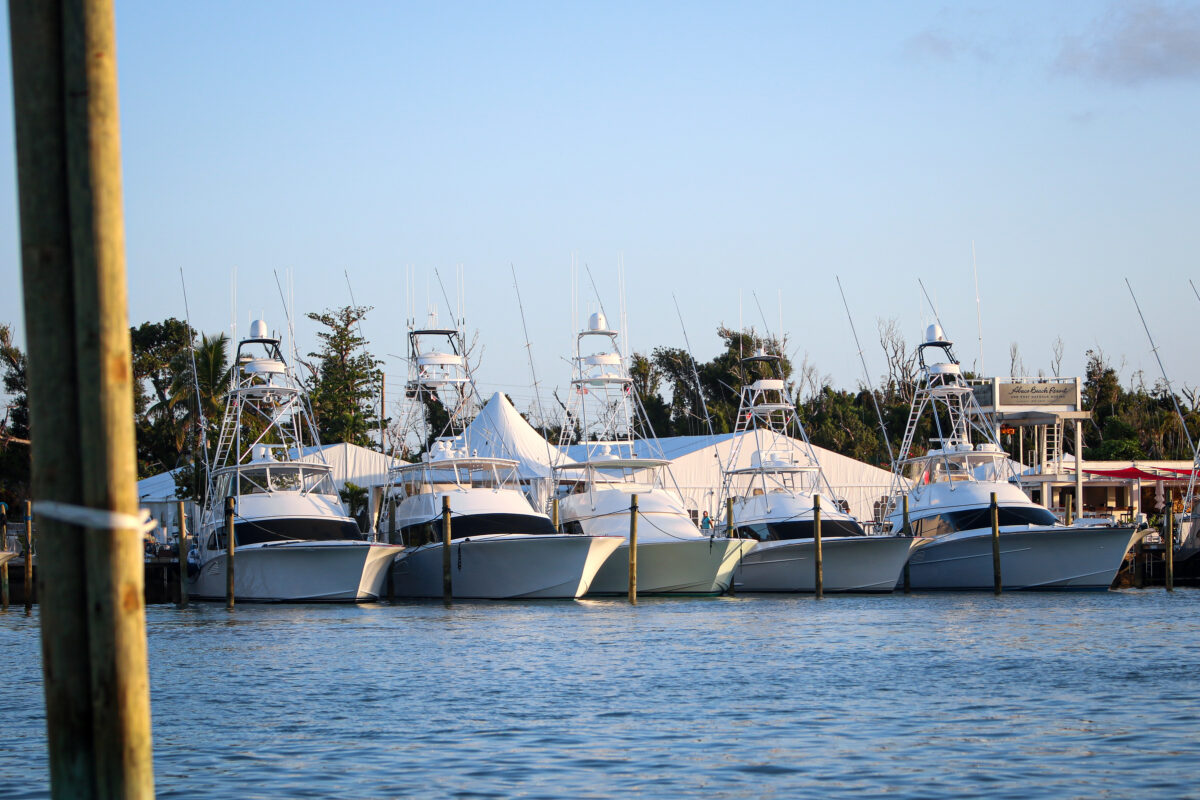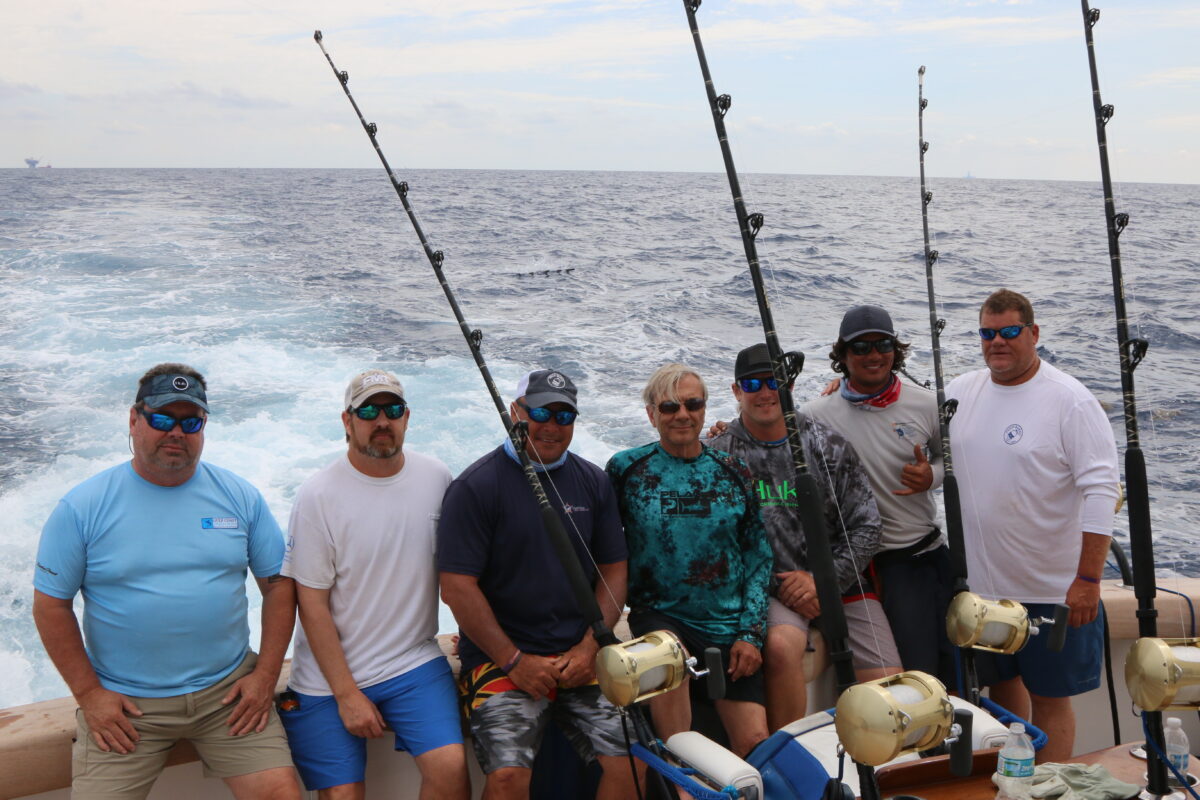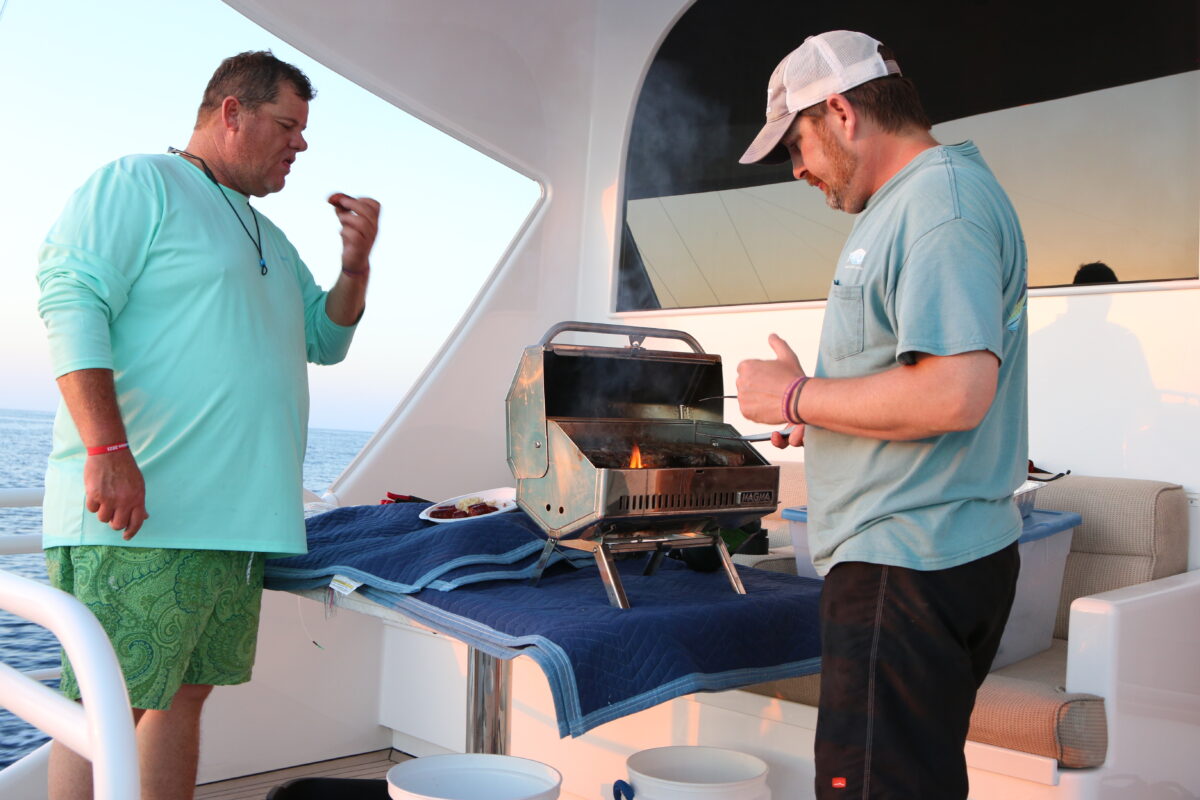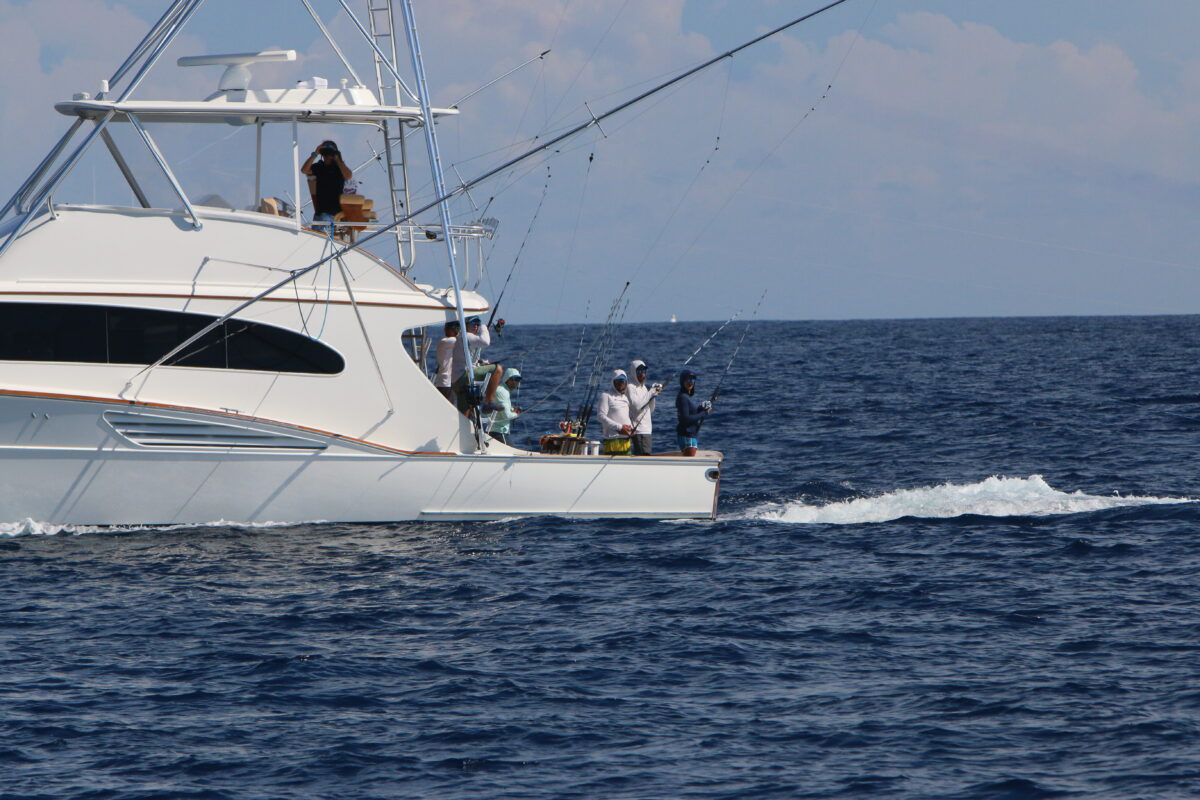
Like a career in business or entertainment, as a sportfishing professional you must stay relevant. Lawyers, doctors, counselors, and real estate agents must all attend something called continuing education credits to keep their licenses current. While there is nothing like this in fishing, that doesnt mean that getting a fulltime job on a boat is an excuse to stop learning. Staying informed of the latest and greatest evolutions in fishing and learning from your mistakes are two central ways of doing this. The following provides a few of the best options to expand your fishing horizons and build a well-rounded resume even while working full time.
[% oiopub-banner-24-center %]
1. Recognize that each and every new situation is a learning opportunity:
Making a living in the fishing and boating industryrequires quite a bit of passion, not to mention a healthy dose of responsibility and a major time commitment. Taking stock of what has worked and what hasnt after each day or each trip is a great way to learn from mistakes and to keep doing what is working.
2. Learn by example:
Maybe your friend, father or mentor has years of experience and has a little extra time on their hands to teach you a thing or two. Watching others perfect and execute their craft is one of the most effective ways to learn yourself. What works for someone else may not necessarily work for you, however, spending time with an experienced captain or mate will make for an interesting case study.
3. Utilize the resources around you:
Listening to a mentor or otherwise old timer is great, but be sure not to ignore the people you work with every day. If youre a young mate, pay attention to the captain you work for and the captains on the boats around you. Different captains have different styles and different skillsets. Taking the best attributes from a variety of people is a great way to create a well-rounded skill set for yourself.
4. Online and print media:
As a sportfishing professional, it may be hard to learn much from fishing tv shows. Likewise, most (other) fishing magazines target readers who dont spend much time on the water. There are some technical resources at your disposal. Without sounding too self-serving, check out InTheBite tackle tips in the magazine and on inthebite.com to learn rigging techniques and other tips.
5. Freelancing and time with other programs:
Time fishing with other programs, especially in new locations, is a great way to pick up knowledge in a hurry. While it can be difficult to pick up paying gigs with top teams, you might be surprised at how willing captains and crews may be to share their knowledge and have you aboard especially if youre willing to help with the cleaning the boat and rigging baits, etc. You can also become a tournament observer and ride along this way. You get exposure to many boats and the chance to network with some of the best www.igfto.org
